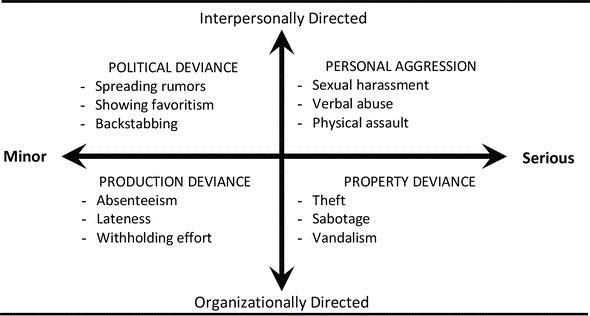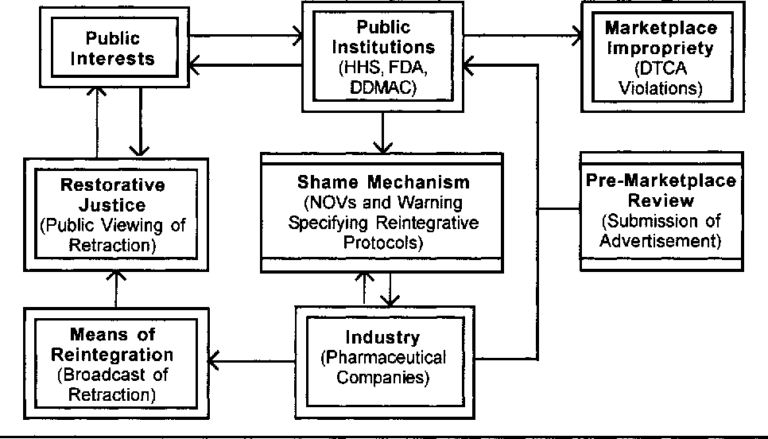Top 100 Deviant Behavior Examples
Introduction Deviant behavior is bad behavior that breaks social rules and makes society less desirable or more dangerous. People who engage in deviant behavior are often considered ‘bad people,’ and deviant behaviors tend to be stigmatized. Social Cultural Norms Social norms vary across cultures so that what is considered deviant by one person may be…










